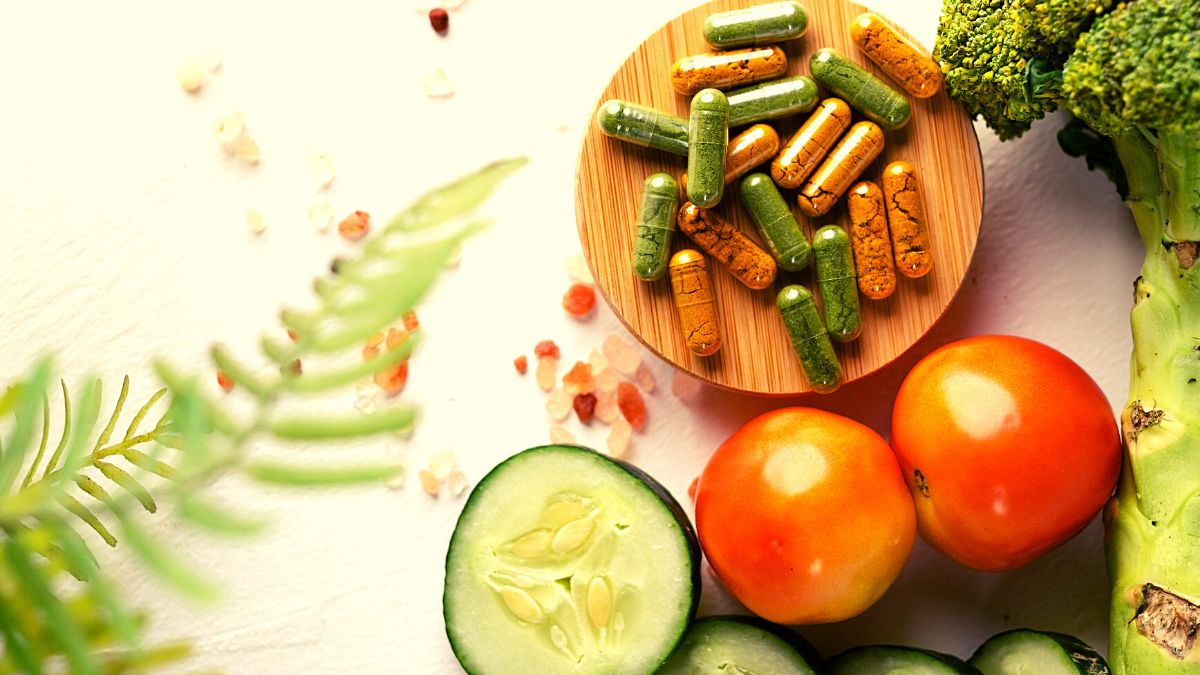Beans

Beans are a great source of protein and fiber, both of which are essential for burning fat. Protein helps to build and repair muscle tissue, while fiber helps to keep you feeling full and satisfied after eating. Beans are also low in calories and high in nutrients, making them an excellent addition to any fat-burning diet.
There are many different types of beans, but they all have one thing in common: they’re packed with fiber. Fiber is important for keeping you regular, but it also has other benefits, like helping to regulate blood sugar levels and keeping you feeling full. That means that beans can help you lose weight and keep it off.
Beans are also a good source of protein, which is essential for building muscle. Muscle burns more calories than fat, so the more muscle you have, the more calories you’ll burn even when you’re not doing anything. And since beans are high in both fiber and protein, they’re a great food to eat if you want to burn more fat.
Beans can be a healthy addition to a weight loss diet due to their high fiber and protein content, which can help you feel fuller for longer periods of time, and promote satiety while reducing overall calorie intake.
Here are some tips on how to incorporate beans into your diet for weight loss:
- Add beans to salads: You can add beans like chickpeas or kidney beans to your salads to boost the fiber and protein content.
- Use beans as a meat substitute: You can use beans as a substitute for meat in your meals. For instance, you can use black beans in place of ground beef in chili or make a vegetarian bean burger.
- Replace refined carbs with beans: You can replace refined carbs like white rice or pasta with beans. For instance, you can make a bean salad and have it as a side dish instead of white rice.
- Snack on beans: You can snack on roasted chickpeas or edamame instead of high-calorie snacks.
- Watch portion sizes: While beans are a healthy food, they are still a source of calories. Pay attention to your portion amounts and refrain from overeating.
Remember to drink plenty of water when increasing your fiber intake as it can help with digestion and prevent constipation. Additionally, always consult your doctor or a registered dietitian before making any significant changes to your diet.







